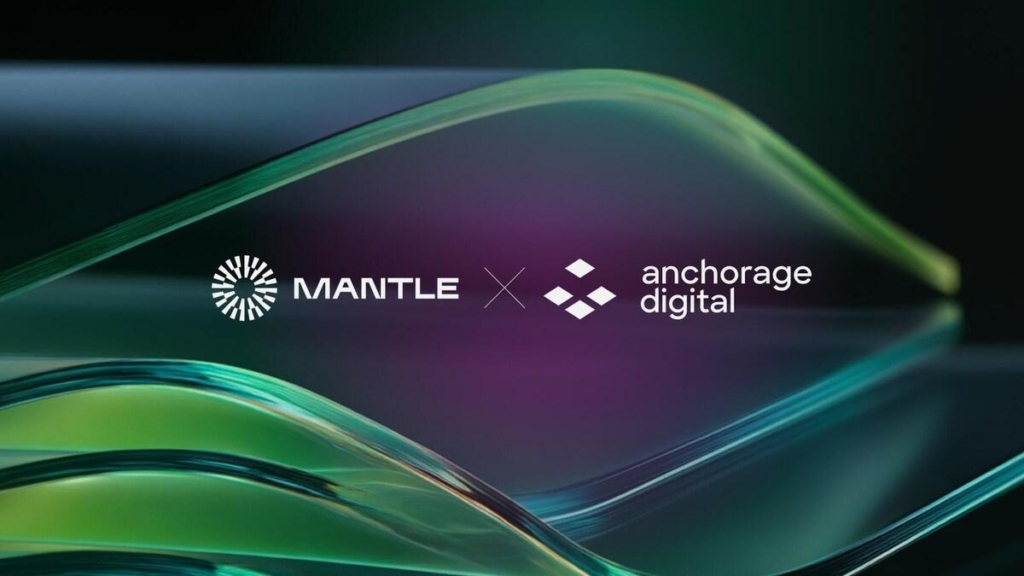Ethereum has successfully implemented its significant Pectra upgrade on the mainnet, marking its most substantial enhancement since the Merge and Dencun.
This upgrade, which took effect at epoch 364032 on May 7, 2023, at 6:00 a.m. ET, introduces a comprehensive set of Ethereum Improvement Proposals (EIPs) aimed at improving staking efficiency, wallet usability, and layer 2 scalability. It also lays essential groundwork for Ethereum’s long-term scaling strategy.
The deployment of Pectra followed extensive testing, overcoming earlier technical challenges that hindered transaction confirmations on the Holesky and Sepolia testnets. By the end of March, Ethereum developers successfully activated Pectra on the newly established Hoodi testnet, ensuring a stable mainnet launch and restoring confidence in the upgrade’s readiness.
Pectra consolidates 11 critical EIPs, including EIP-7251, EIP-7702, EIP-7002, and EIP-7691. Notably, EIP-7251 increases the maximum staking cap from 32 ETH to 2,048 ETH, allowing larger staking services to operate with fewer validators, thus reducing operational costs while enhancing decentralization through improved economic incentives. This EIP also facilitates validator exits and partial withdrawals via the execution layer, enabling automated staking lifecycle management on-chain.
On the user experience front, EIP-7702 introduces “smart account” functionality for wallets, allowing users to pay gas fees with tokens other than ETH, batch transactions, and utilize alternative authentication methods. These enhancements aim to make Ethereum more accessible for both new users and developers.
EIP-7002 further enhances validator strategies by permitting ETH withdrawals directly from the execution layer, improving liquidity and flexibility for pooled or delegated staking services.
Additionally, EIP-7691 enhances Ethereum’s data availability layer by increasing the number of data blobs per block, benefiting layer 2 rollups by improving transaction throughput and reducing costs.
Other notable improvements include EIP-2935, which provides access to recent block hashes on-chain for trustless oracle services, and EIP-6110, which streamlines validator onboarding by expediting deposit processing. Additional EIPs focus on data efficiency, fee stability, and reducing gas costs for cryptographic operations.



